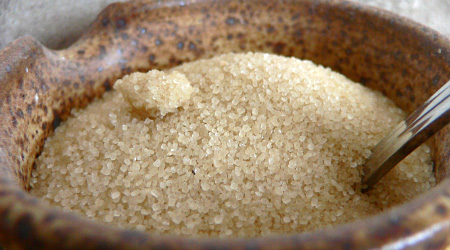Commodity Futures Information

Numerous investing opportunities are available to the individual investors but research and caution should be taken into consideration when looking at commodities futures trading. Of all the different types of investments including stocks, bonds, mutual funds, certificates of deposit in money markets; commodities futures and options carry the most risk.
Commodities futures markets have been around for a long time but only recently with the advent of internet based trading has commodities investing become a viable option for individual investors. The main hub of commodities futures is in Chicago based at the Chicago Board Options Exchange, the Chicago Mercantile Exchange, and the Chicago Board of Trade. The average investor is probably most familiar with commodities futures from the hit movie Trading Places. While it's only a movie it's true that one mistake can cost an investor everything.
Commodities futures are significantly more complicated than the more typical investment vehicles investors are aware of like stocks and bonds. With stock being an equity stake in a publicly traded corporation and the bonds representing debt issued by the company which yields an interest rate, futures could not be any more different.
Commodities futures are contracts between a buyer and seller of an underlying asset to be fulfilled for a fixed price at a future date. When a futures contract is enacted the seller agrees to deliver an underlying good such as oil or sugar for a specific price at a fixed date in the future. It's obvious why farmers or other owners of commodities like oil would want to sell futures contracts because it protects them from significant price fluctuations at a future date. Why would investors want to trade in contracts even though they're not particularly interested in the underlying asset? The answer is margin and the opportunity to make substantial amounts of money in incredibly short periods of time.
Unlike stocks and bonds, trading commodities futures requires special access to real time software and passing certain sophisticated investor requirements by the brokerage house handling the futures trades. Often a minimum of $10,000 is also required to open a commodities futures trading account. Why is it so difficult to get into futures trading and what happens when things go wrong?
Let's say an investor goes long on a commodities futures contracts for oil. Going long means the investor expects the price of the contract to go up and since each contract represents a significant amount of underlying asset, when the contract is sold thousands of dollars could be made. However, if for some unforeseen reason the price of oil drops significantly the investor can also lose incredible amounts of money. Futures contracts can result in unlimited losses for the investor.
Given the danger of unlimited losses commodities futures trading employees numerous techniques to prevent such events from occurring. A common strategy is too buy a long futures contract and then immediately place a stop loss order. The stop loss cost money but if the price of the asset, in this case oil, drops suddenly then the stop loss will prevent unlimited losses from occurring. Needless to say trading in commodities futures is not for the faint of heart.
Commodities futures exchanges are very exciting, highly volatile and can offer significant monetary returns but are also fraught with danger. The uninitiated and inexperienced investor could find themselves financially devastated with one misstep. That said, once an investor knows the ropes, has done significant research and has opened a paper account to practice futures trading then the sky is the limit. Big rewards only come with big risk but once you're prepared, commodities futures are a viable investment alternative for today's more sophisticated investors.







